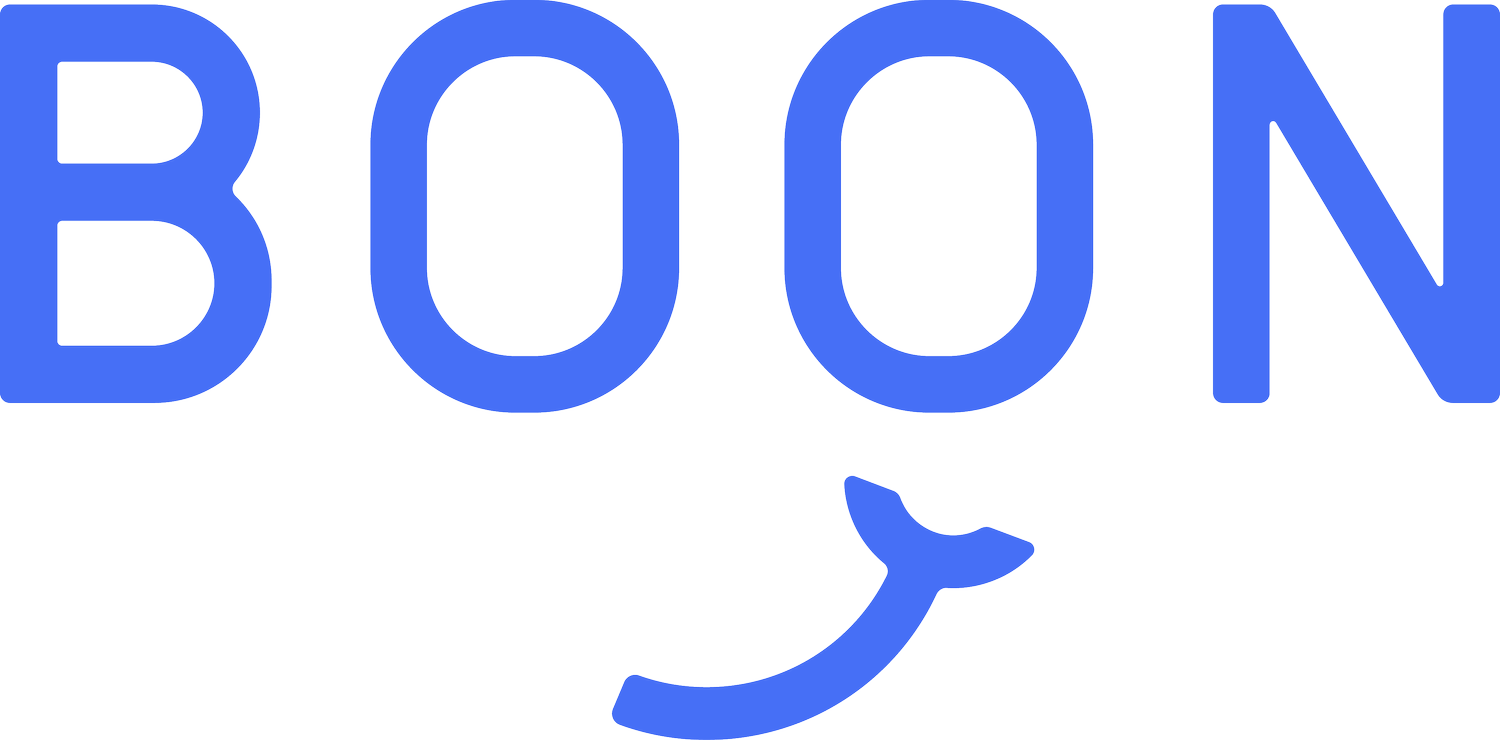Is Our Over-Focus on Gratitude Causing Us to Settle?
Tricia Gehl, Boon Coach
We’re so grateful for everything we have. We’re grateful for our relationships, our jobs, the roofs over our heads, and the things we get to do and experience. We’re grateful for the life lessons the bad times teach us (we have the gratitude journals to prove it!). We’ve even incorporated daily gratitude practices into our routines to ensure we don’t lose sight of just how grateful we are. Having an “attitude of gratitude” helps us feel happier and more positive. But when might overplaying that gratitude hand start to harm instead of help us?
The Bigger Picture
I have a new client who continues to share with me a litany of things he doesn’t like about his job and work environment:
Working remotely wasn’t an option, unless they were experiencing extreme weather conditions, as his company’s owner didn’t believe employees would put in the appropriate amount of work while “lounging around” at home
There was no immediate path for advancement in his current role, as the folks in the roles above him were “lifers,” and had no plans to leave until they were able to retire in 5-6 years
He wasn’t feeling challenged or that his professional growth and development needs were being met, because the types of projects that would facilitate those needs automatically went to those in roles above him (despite him practically begging his director for some stretch opportunities)
The company’s owner was vocal about their political views, which were in direct opposition to my client’s, and made a point of bringing up those views during team meetings
Based on the Values work we’d done in our first two sessions, the working environment and the job itself is not aligned with any of his core Values
My client often shows up to sessions either feeling angry or dejected, depending on what happened at work that day. He regularly tells me he knows he should find something that’s better suited to his developmental needs, skillset, and preferences. Instead of wanting to talk about what steps he’d need to take to find a new role and company that’s a better fit for him, he defaults to some variation of the following statement, after venting: “You know what? I’m just grateful to have a job. I should just be grateful to have something that pays the bills.” And then he decides he’d like to focus on identifying tools and techniques to help him cope with his current job dissatisfaction. He’s leaning so fully into his “gratitude” for having a job, that he’s trapping himself in an environment that doesn’t serve him on nearly any level.
Locked in Place
Guilt and Fear
Guilt and fear are powerful emotions that often get in the way of people making real change. Add an over- focus on gratitude to the mix, and you’ve got a recipe for settling or remaining stagnant:
We feel guilty for wanting more, so we chastise ourselves into being grateful we have a job in the first place.
We’re terrified at the thought of changing careers or industries, so we tell ourselves to simply be grateful for what we have.
These thoughts keep us locked in place and convince us that settling is aligned with gratitude. We convince ourselves that being grateful, despite our misery, is the right thing to do.
Comparison
We often use gratitude as a means to remind ourselves that someone else is worse off than we are, and that we should just be grateful for what we have. As a coach, I hear statements like these all the time:
“My manager may be a nightmare, but one of my colleagues has it even worse; I’m just grateful that I don’t have to report to that manager.”
“My boss may cut me off all the time during team meetings and mansplain, but my friend’s boss actually screams at her during team meetings; I should just be grateful that’s not happening to me.”
Instead of addressing the things that don’t work for us, we tolerate them and settle based on the premise that there is someone else who has it worse than we do. If that person is sticking it out, then we should be able to as well. We feel like asking for “more,” or for a behavior to stop, is ungrateful, as things could be so much worse.
Setting Ourselves Free
When working with clients who are caught in this gratitude trap, asking them to think about the cost/gain of their situation is often helpful with shifting their energy. What are you gaining from remaining in this situation? What is it costing you? Articulating the short- and long-term costs is often enough to get a client to at least entertain the idea of what making a change might look like.
Give yourself permission to loosen your grip on gratitude when it comes to things that are no longer serving you. I often remind clients that there is no prize handed out to those who tolerate the most things that don’t serve them. There’s no award ceremony where a host will admiringly announce, “Jim was astonishingly grateful for the job that destroyed his spirit...come on up and get your trophy, Jim!” Remind yourself that you can be grateful for what you have and make changes that will allow you to have exactly what you want.
Interested in learning more about how Boon can help you and your teams? Schedule a Demo.

